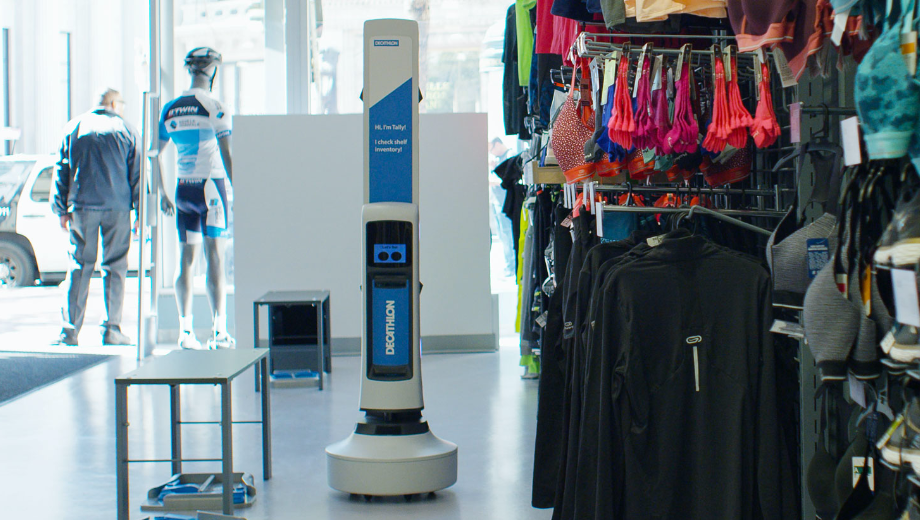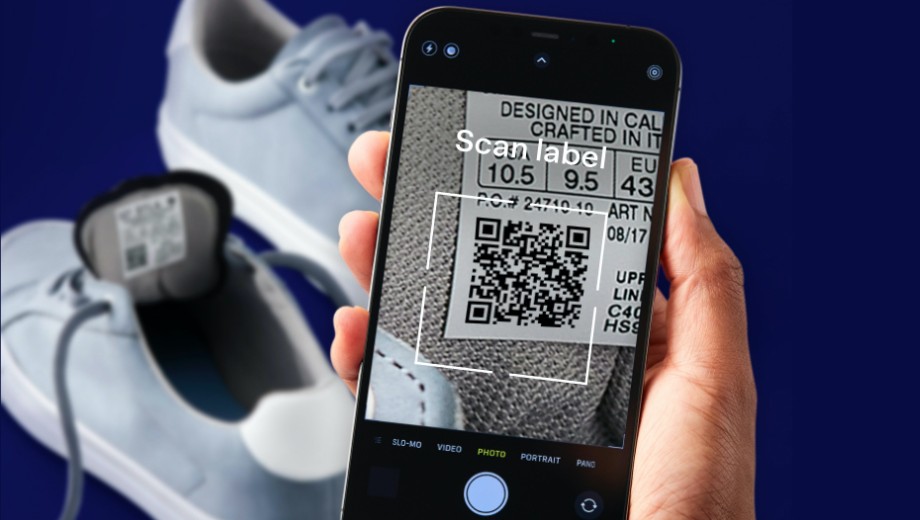Why is ARC Certification important for packaging companies and suppliers to retailers?
Walmart’s expanded mandate is part of a larger trend toward widespread RFID adoption in retail. Retailers require RFID labels that perform flawlessly across their supply chains to ensure reliability. To meet this demand, ARC certification, provided by the independent certification body at Auburn University, ensures RFID labels meet the performance standards required by major retailers. By setting consistent benchmarks for encoding, readability, and durability, ARC enables suppliers to confidently use RFID tags that work seamlessly across retail supply chains.
For suppliers to retailers ARC compliance is the clear path to meeting retailer mandates and avoiding costly disruptions. With more than a dozen retailers now requiring ARC-certified RFID tags, suppliers can confidently use certified tags to ensure their products meet the necessary standards for seamless distribution. The widest range of ARC-certified RFID labels are available from Avery Dennison.



